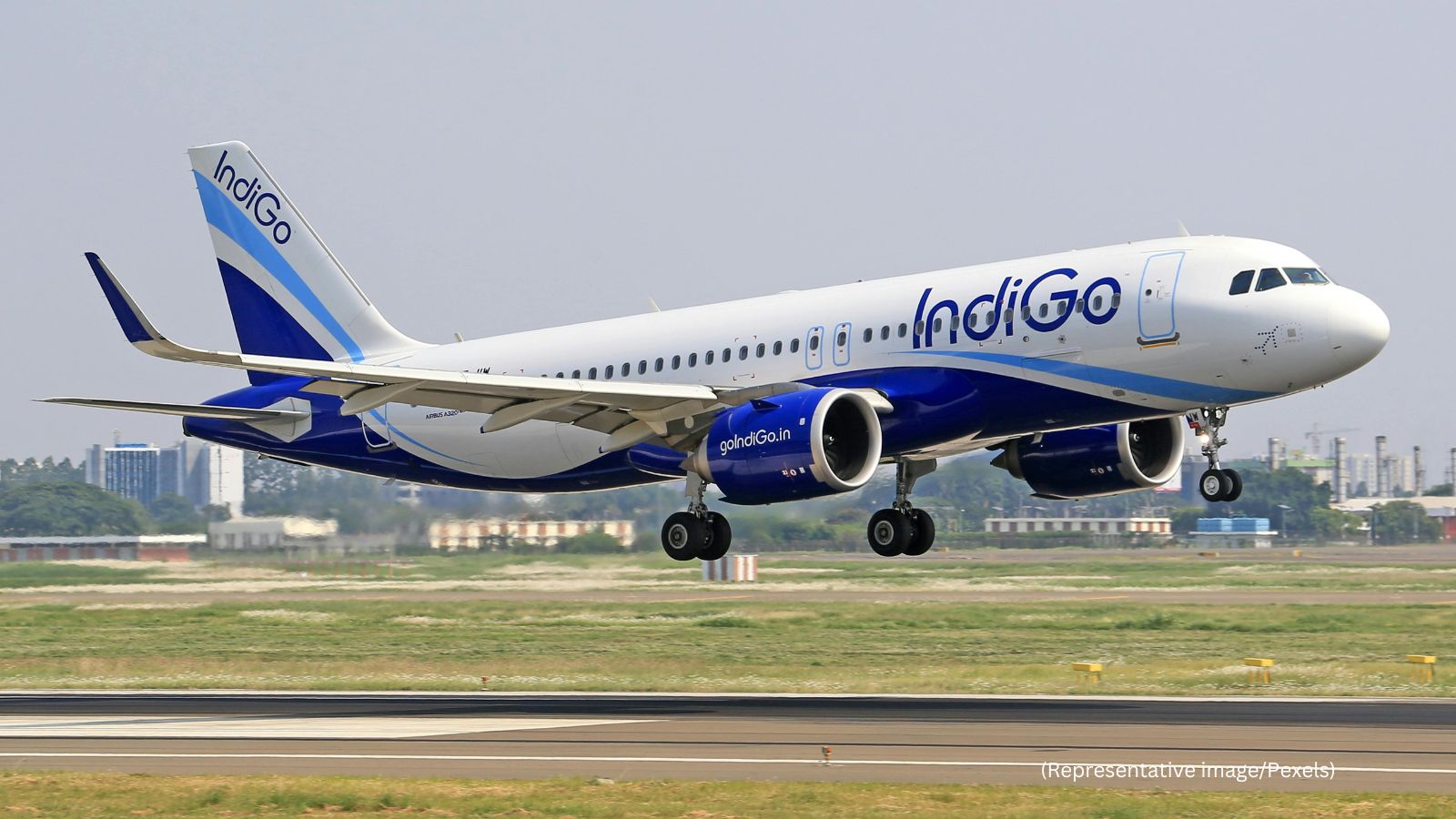India’s largest airline IndiGo on Sunday announced that it will be placing a firm order for another 30 wide-body Airbus A350-900 aircraft, taking its total order size to 60 of these long-range jets to fuel its international ambitions. In April last year, IndiGo had announced a firm order for 30 A350-900 aircraft, along with purchase options for another 70 planes of the A350 family. On Sunday, the airline and European aerospace major Airbus inked an agreement to convert 30 of those options into firm orders.
Purchase options allow airlines to buy additional aircraft in the future at a pre-agreed price point and delivery date, providing flexibility to carriers to adjust their fleet development based on factors like market conditions and demand.
After dominating the Indian skies with a domestic market share of over 60 per cent, IndiGo has been focusing on “internationalization”, which entails a rapid expansion of its international network—including foraying into the long-haul segment—given the robust overseas travel demand from India. Over the past two to three years, IndiGo has expanded its international network by adding destinations in regions including Central Asia and the Caucasus, Southeast Asia, and Africa using its narrow-body fleet.
IndiGo expects the delivery of initially ordered A350 aircraft to start in 2027 and go on for a few years. The next 30 will start coming in after that, taking the deliveries well into the next decade, the airline’s CEO Pieter Elbers said.
“IndiGo’s Airbus A350-900 aircraft will be powered by Rolls Royce’s Trent XWB engine. The mission capability of this aircraft, coupled with the efficiency of the Trent XWB engine, will offer IndiGo unprecedented optionality and reach as it embarks on the next stage of its wonderful journey of addressing the rapidly evolving needs of the Indian market and our nation,” IndiGo said in a release.
The airline did not provide the financial details of the order. The list price of an A350-900 is around $310 million, per industry sources. However, it is worth noting that aircraft manufacturers usually offer significant discounts on large orders.
The A350-900 can carry a maximum of 440 passengers in a high-density configuration, and has a range of close to 16,000 km, which means that the aircraft can cover a vast majority of geographies from India.
Story continues below this ad
According to Elbers, IndiGo with its dominant position in India’s large and growing domestic aviation market is in a position to naturally evolve into a global aviation player and contribute in making India a global aviation hub with multiple options for international-to-domestic and international-to-international connections. Turning India into a major aviation hub is also part of the government’s civil aviation vision.
IndiGo sees significant potential in the international segment, given that Indian airlines account for 45 per cent of India’s international air passenger traffic, while overseas carriers account for around 55 per cent. In the case of India-Europe passenger traffic, overseas carriers have an even higher share of around 70 per cent.
Prior to inducting the A350s, as part of its internationalisation strategy, IndiGo plans to induct extra-long-range narrow-body Airbus A321 XLR aircraft from this financial year. Although the XLRs are single-aisle planes, their extended range enables them to operate on medium-haul international routes that IndiGo is currently not able to service with its current fleet. As for long-haul routes, the airline has decided to enter the long-haul market using six damp-leased Boeing 787 wide-body jets from Norse Atlantic.
IndiGo is slated to make its long-haul debut using the damp-leased aircraft from early July with Manchester and Amsterdam. Currently, Air India is the only Indian airline that operates long-haul international flights.
Story continues below this ad
IndiGo’s move to have a wide-body fleet of its own marked a significant departure from the classic and proven budget airline model that focusses on single-type narrow-body fleet and domestic and short-haul international routes. The low-cost long-haul model, on the other hand, has seen far more failures than successes globally. IndiGo currently operates a fleet of narrow-body jet and turboprop aircraft, except for two wide-body Boeing 777 planes on lease from Turkish Airlines specifically for flights between India and Turkey.
Over the past few years, IndiGo has been pushing its international network expansion to the extent it can with its narrow-body fleet. But instead of entering high-competition and busy routes, the airline focussed on identifying under-served routes and those with latent demand, while also stimulating demand on certain others.
IndiGo is already the largest customer for Airbus with over 350 Airbus A320 family aircraft in its fleet of 400-plus planes. It also has an outstanding order book of over 900 A320 family planes with deliveries planned well into the next decade.


